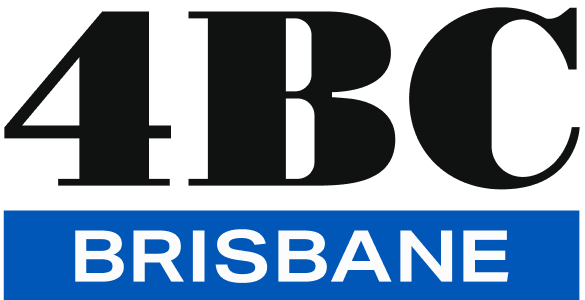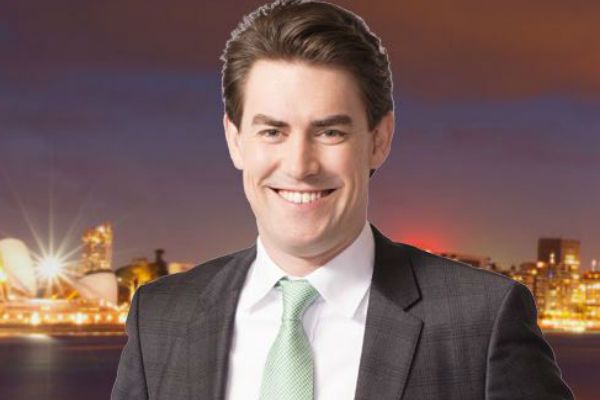75th anniversary of the liberation of Auschwitz
Michael speaks to Vic Alhadeff, Chief Executive Officer of the NSW Jewish Board of Deputies, as survivors prepare to visit Auschwitz on the 75th anniversary of its liberation.
The Auschwitz concentration camp was a complex of over 40 concentration camps operated by Nazi Germany in occupied Poland during World War 11 becoming a major site of the Nazis’ Final Solution to the Jewish Question.
The death toll includes 960,000 Jews (865,000 of whom were gassed on arrival), 74,000 non-Jewish Poles, 21,000 Roma, 15,000 Soviet prisoners of war and up to 15,000 other Europeans.
Those not gassed died of starvation, exhaustion, disease, individual executions, or beatings. Others were killed during medical experiments.
As the Soviet Red Army approached Auschwitz in January 1945, toward the end of the war, the SS sent most of the camp’s population west on a death march to camps inside Germany and Austria.
Soviet troops entered the camp on 27 January 1945, a day commemorated since 2005 as International Holocaust Remembrance Day.
In the decades after the war, survivors such as Primo Levi, Viktor Frankl and Elie Wiesel wrote memoirs of their experiences in Auschwitz and the camp became a dominant symbol of the Holocaust.
In 1947 Poland founded the Auschwitz-Birkenau State Museum on the site of Auschwitz I and II and in 1979 it was named a World Heritage Site by UNESCO.
Download this podcast here















